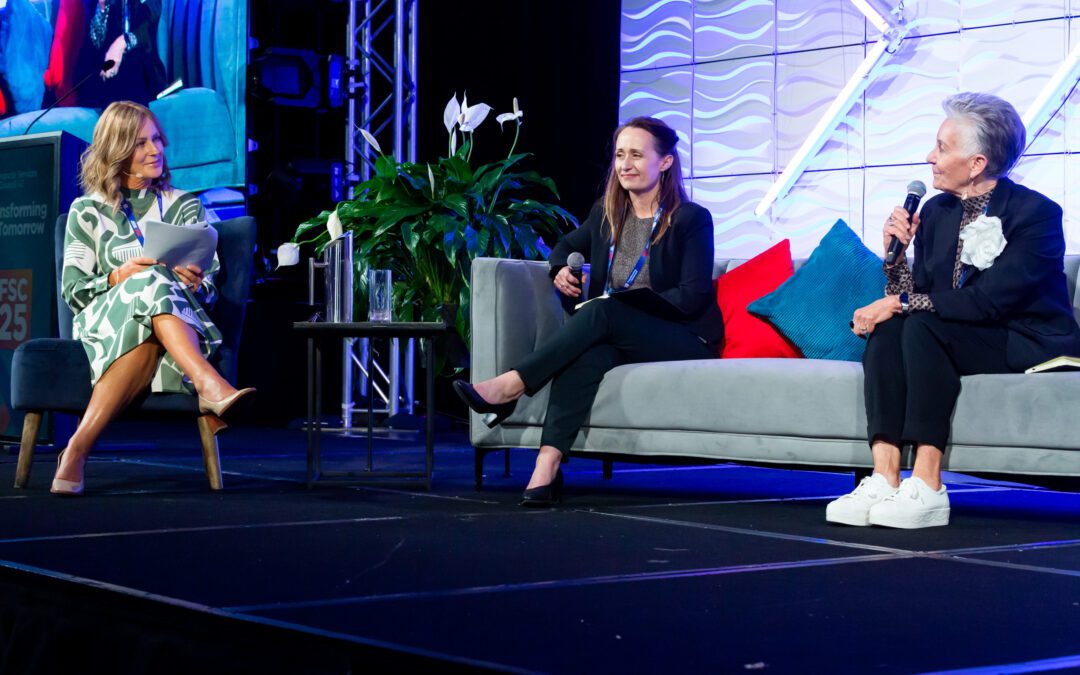Record-high (and rising) house prices have prompted plenty of potential housing affordability solutions to be proposed, among them, the prospect of 40-year mortgages.
Given where prices currently sit, repaying the debt over the current maximum term of 30-years is unaffordable for a burgeoning number of people, even at rock bottom interest rates, and given people are living and working longer – why shouldn’t the mortgage term shift to accommodate these changes?
Currently no New Zealand banks offer a term beyond 30 years, but it’s not without precedent. Terms of 40 years are becoming more common in Britain, and in places like California you can get a 50-year mortgage, which was introduced to combat precisely what we face: declining affordability.
Housing affordability is proving to be a tricky problem politically, economically, socially – and the powers that be are no doubt desperate for a palatable solution that doesn’t simultaneously hurt those who already own a home.
But to my mind, moving to longer repayment terms isn’t part of that solution, in fact I’d argue it creates more problems than it solves.
I would say that, of course – I’m in the business of helping people get mortgage-free faster – but I do that for good reason, and that is getting out of debt fast gives you options, while staying in it for life takes them away.
Let’s start with some simple maths. With a40-year term, unless you’re in your first home – and likely only home – by the age of 25, you’ll be repaying your mortgage until you’re 65.
The trouble is, getting into your first home by the age of 25 is already an unlikely prospect for most Kiwis, except perhaps those who are given a hand up by the previous generation. The average age New Zealanders are buying their first home is now 36, so a 40-year term means making the final payment to the bank at age 76.
The primary appeal of a longer term is lower repayments, but the downside of that is you end up paying much more in interest over the course of that time period.
So, what does that trade-off yield you? Well, if you borrowed $600,000 at a 5% interest rate over 30 years (I’m using 5% because rates are unlikely to stay where they are over three decades) you’d pay $558,735 in interest and your weekly repayments would be $743.
On a 40-year term, your weekly repayments would drop to $667, meaning you’d save yourself $76/week. But the price of that weekly saving is paying another $229,295 in interest – which makes your weekly saving seem paltry and a 40-year term seem like a false economy. It means you, the borrower, would sacrifice your ability to do so many other things with that money that could benefit your family’s future.
The current low interest rate environment should tell us all we need to know about how lower repayments affect most people’s behaviour. Sure, it gives them an opportunity to get ahead – but it also gives them an opportunity to be apathetic, stagnate their progress or simply borrow more – and that is the path many are currently choosing.
In short, financially, Kiwis often fail to take advantage of their advantage.
We already have a problem with people going into retirement with mortgages. Only 70-percent of people aged over 65 own their own home freehold. In the younger 55-64 age group, only 38-percent are mortgage-free, so we can expect that figure to deteriorate. The superannuation scheme’s payment rates leave little room to still be paying a mortgage in retirement. Add to that the fact the age of entitlement needs to increase, and that most people have not saved enough to sustain them in retirement and you’re starting to look at quite a grim picture!
So, 40-year mortgages would leave people in debt for longer and the debt would cost them more – but could it actually help get more people into homes?
It’s a no on that front too, I’m afraid. The biggest hurdle for most people getting into their first home isn’t the repayments, it’s the size of the deposit – and longer terms wouldn’t fix that. In fact, it could make that worse. That’s because on a debt-servicing affordability basis, longer terms create the ability for people to borrow more and we already know what being able to borrow more does to the housing market – it throws fuel on the fire.
No NZ banks have signalled an appetite to start offering longer terms, but if new lending took a nosedive because of high house prices, it’s reasonable to assume they’d soon be looking at options to remedy that. Remember it wasn’t all that long ago that the standard mortgage term was 25 years.
Addressing housing affordability is a complex problem, and its solutions aren’t straight forward either. They lie in the supply of housing, density, the cost of construction, fixing the RMA, addressing council indebtedness and how our tax settings affect behaviour. More broadly, how we view property as a wealth creation vehicle and whether owning the home you live in is the best way to achieve that may also need to change.
Where the solution doesn’t lie is in saddling an already highly indebted nation with debt for even longer.
Hannah McQueen is financial strategist, chartered accountant fellow, personal finance author and the founder of enable.me.
Disclaimer: This blog post is for informational purposes only and does not constitute individual financial advice. If you’re interested in receiving personalised financial advice, you can book in a consultation with an enable.me coach. Costs apply.


